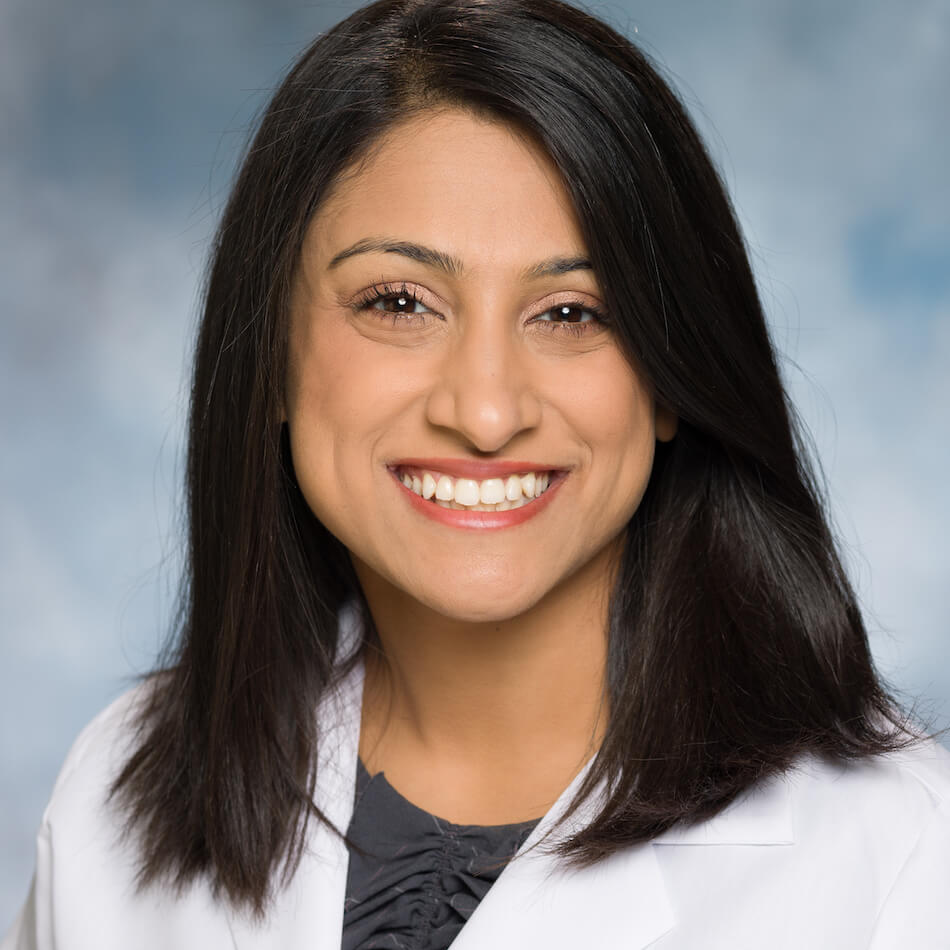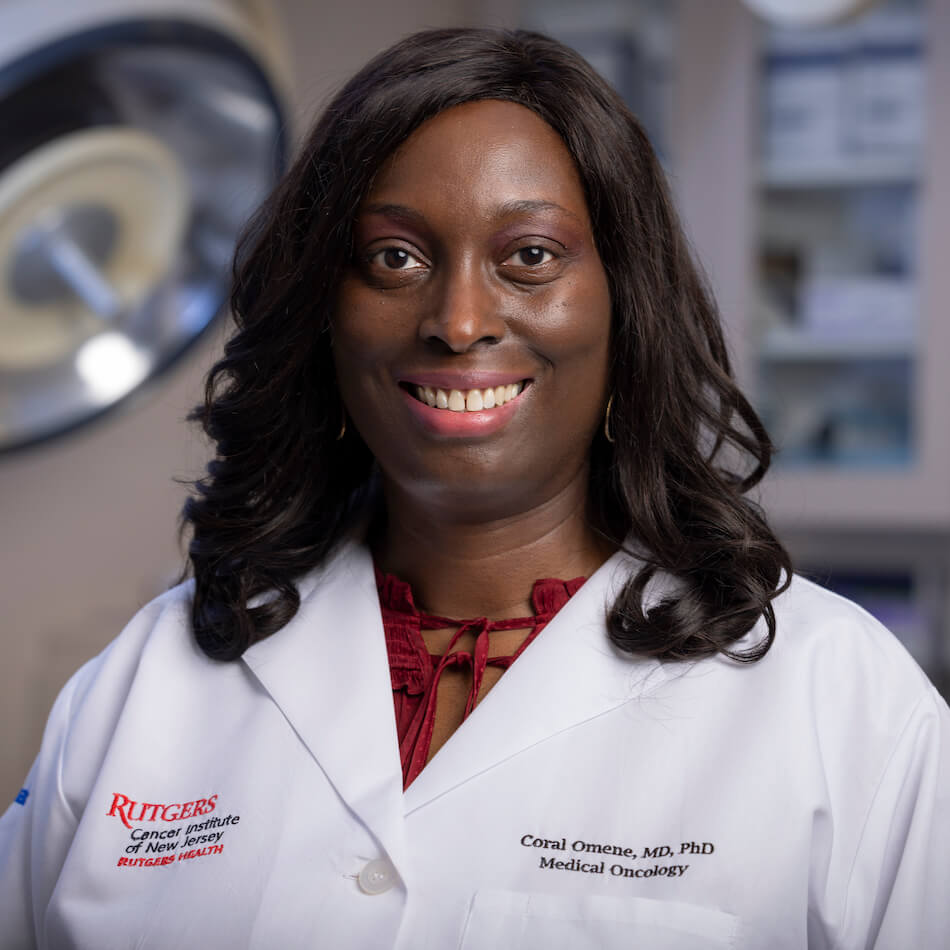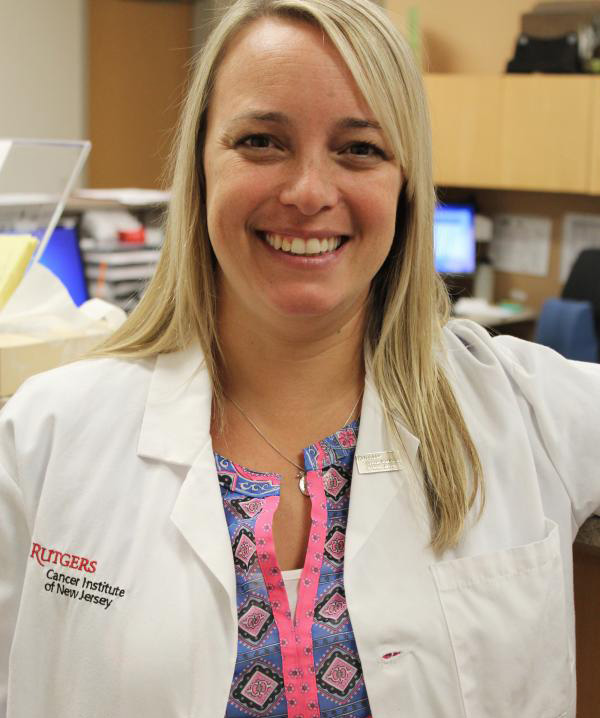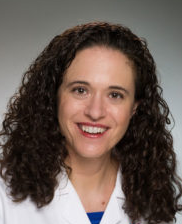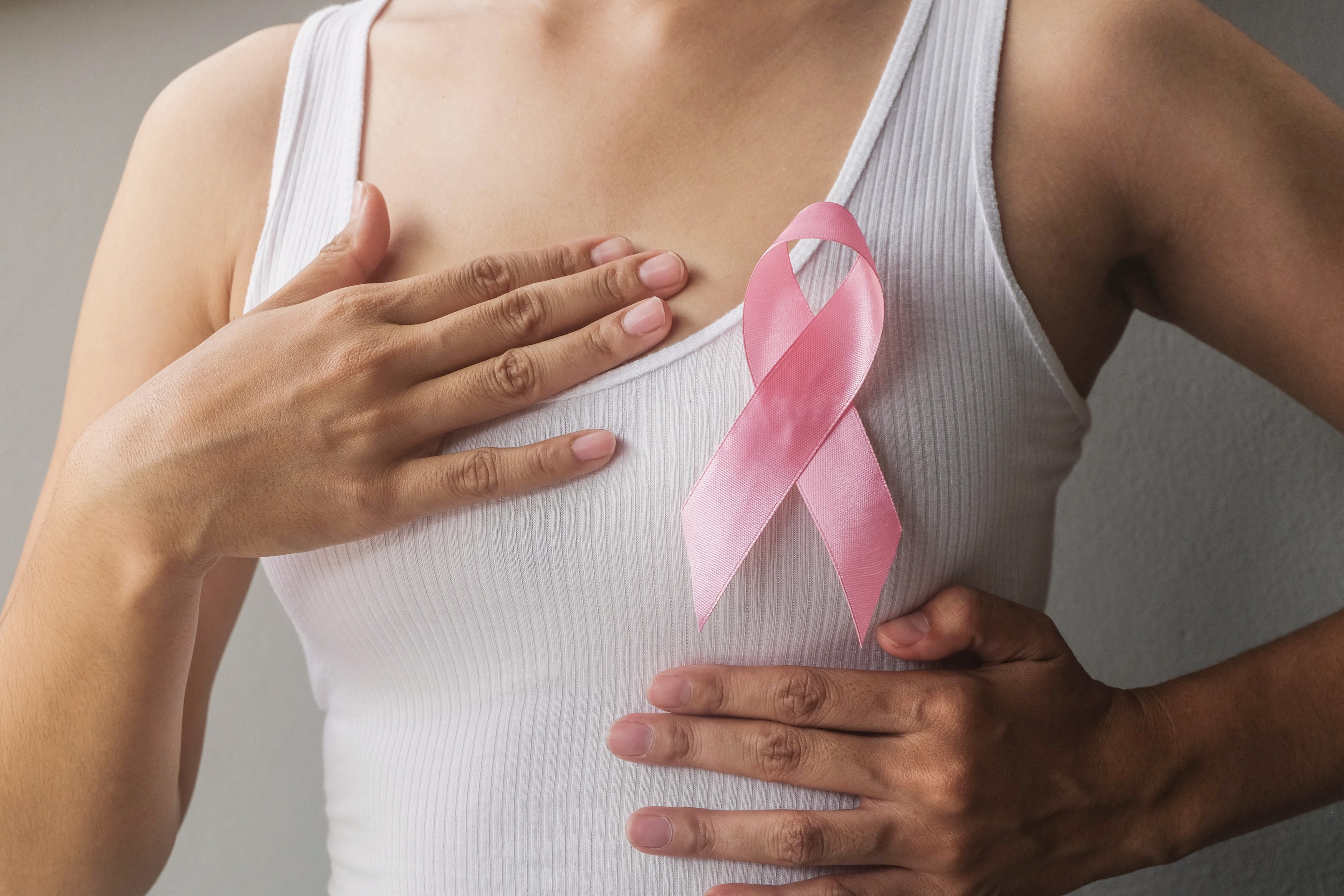
Our compassionate team of breast health experts deliver state-of-the-art care for our patients with breast cancer. As a multidisciplinary center with an emphasis on translational research, the close collaboration between our clinicians and researchers enables us to move scientific discovery into clinical practice rapidly and efficiently.
What is Breast Cancer?
Breast cancer occurs when breast tissue cells grow and multiply abnormally, forming tumors. Although breast cancer is more common in women, men can also be diagnosed with the disease. As such, risk factors include gender and age, genetics and family history, as well as lifestyle choices such as alcohol use and pregnancy.
With years of experience, our experts specialize in the treatment of:
- Malignant breast tumors
- Triple negative, HER2-Positive breast cancer
- Metastatic breast cancer
Symptoms of Breast Cancer
Breast cancer often develops without causing pain or noticeable changes in its early stages, making routine screening tests essential for early detection. As women naturally experience breast changes throughout life, it can be difficult to distinguish between harmless variations and potential warning signs. While many changes are benign, it’s crucial to have a physician evaluate any new or unusual symptoms such as:
- A lump, thickening, or swelling in or near your breast or under your arm
- A change in the size or shape of your breast
- Changes in the skin on the breast or nipple, such as it becoming dimpled or puckered, turning red or purple, or feeling itchy or scaly
- Nipple discharge, especially if it is bloody
- Nipple inversion, meaning the nipple pulls back into your breast
- Nipple pain, tenderness, or aching
- Small, hard lymph nodes
- Pain localized to one area
Experiencing these symptoms doesn’t necessarily mean you have cancer. If your symptoms persist or don’t improve, it’s important to consult a healthcare provider.
Advanced Diagnostic and Treatment Options
Meet Our Team
Appointments with our oncologists may be available at multiple RWJBarnabas Health facilities, including the new Breast Health Center in East Brunswick.
Related News
National Breast Cancer Expert to Lead Breast Surgery Program at Rutgers Cancer Institute And RWJBarnabas Health Southern Region
After a national search, RWJBarnabas Health and Rutgers Cancer Institute have appointed Kathie-Ann Joseph, MD, MPH, FACS as Chief of Breast Surgery and Co-Director of the multidisciplinary breast program at Rutgers Cancer Institute and the Jack & Sheryl Morris Cancer Center.
Advancing the Future of Breast Cancer Care Through Clinical Research: Dr. Mridula George
Dr. Mridula George discusses the importance of clinical trials and collaboration of oncologists throughout RWJBarnabas Health to provide advanced care for patients close to home.
Breaking Down Surgical Advancements for Those With Breast Cancer
Dr. Kathie-Ann Joseph discusses surgical advancements for individuals with breast cancer with CURE.
RWJBarnabas Health and Rutgers Cancer Institute Expert Shares What Young Women Need to Know About Rising Breast Cancer Rates
While most people think of breast cancer as something that happens later in life, experts stress that younger women also need to be aware of their risks, symptoms, and the importance of knowing their own bodies. Lindsay Potdevin, MD shares more.
Clinical Researchers Aim to Improve Breast Cancer Outcomes Through Sustainable and Effective Weight Loss in the FITWISE study
Excess body fat can lead to increased levels of estrogen and insulin, both of which are known to promote cancer growth. Dr. Coral Omene shares more.
Robert Wood Johnson University Hospital Somerset Expands Breast Cancer Services
Together with Rutgers Cancer Institute, RWJUH Somerset provides women in Central New Jersey access to world-class cancer care including clinical trials, immunotherapy, genetic testing, and precision medicine — close to home.
Am I too Young for a Mammogram?
Breast cancer may not be the first concern for many young women, however, in recent years, research is showing that cancers are on the rise for younger Americans under 50. M. Michele Blackwood, MD, FACS, shares risk factors that may prompt younger women to consider getting screened earlier.
Nipple-Sparing Mastectomy: A Modern Approach to Breast Cancer Surgery
Thanks to advances in breast cancer research and personalized treatment approaches, patients diagnosed with breast cancer now have more surgical options than ever before. Among these innovative approaches is the Nipple-Sparing Mastectomy (NSM)—a procedure that not only removes the cancerous tissue but also preserves the nipple and much of the breast’s natural appearance.
Advances in Breast Cancer on EBC Radio
Dr. Mridula George discusses types of breast cancer, symptoms to be aware of, latest treatment advances, and the prevalence of these diagnoses within the South Asian community. Listen here.
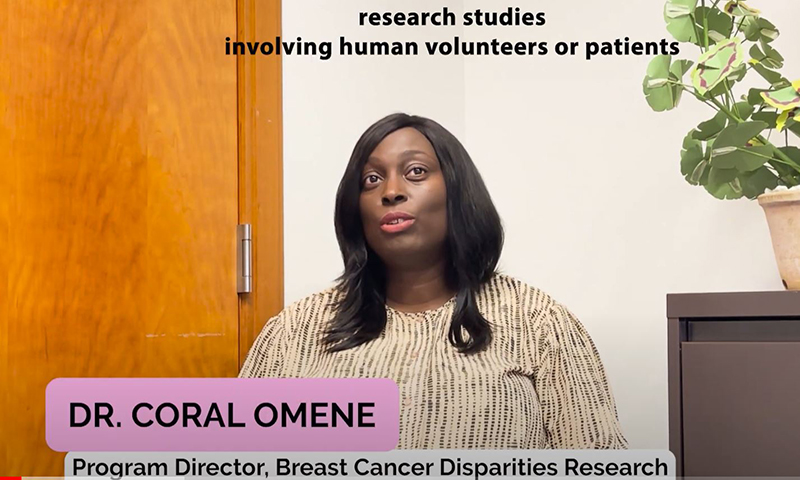
Why Breast Cancer Clinical Trials Need to Include More Black Women
Increasing participation of black women in clinical trials is vital as they often face more obstacles when preventing, treating and surviving cancer. Learn more.

Impact of Genetic Ancestry and Social Environment on Breast Cancer in Black Women
Researchers at Rutgers Cancer Institute and RWJBarnabas Health examined associations between African genetic ancestry, neighborhood social environment, and outcomes in Black breast cancer survivors. Learn more.
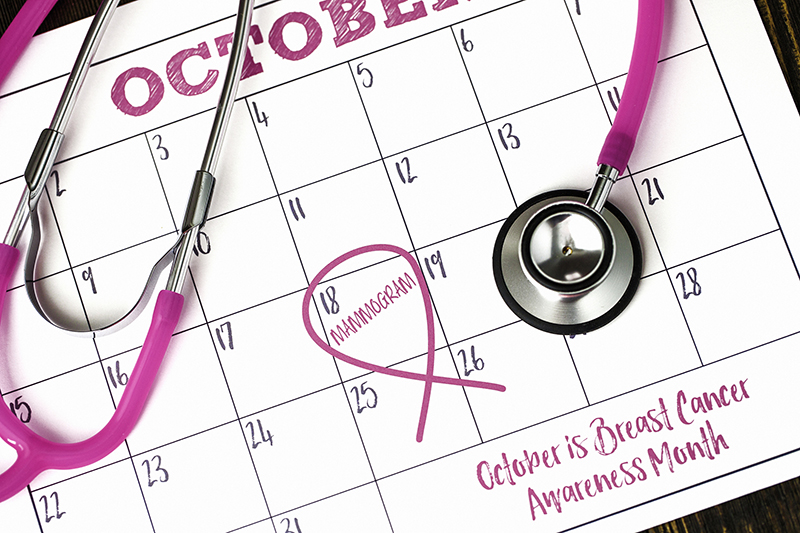
Mammograms are Crucial to Women’s Health: Here’s why
Regularly screening for breast cancer is vital for early detection and one of the best ways to tackle the disease, as self-exams cannot find everything. Learn more.

Let’s Beat Breast Cancer Together
Mammograms are one of the best ways to tackle breast cancer, as early detection helps to reduce risk and prevent the need for invasive treatment. Schedule your mammogram today!
Enhancing Awareness: Increasing Participation of Black Women in Cancer Clinical Trials
Dr. Coral Omene discusses the disparities in breast cancer diagnosis and treatment, as well as reasons why it is vital to include more black women in clinical trials. Watch here.
Patient Philosophy of Care
Shicha Kumar, MD, FACS, Breast Surgical Oncologist at Rutgers Cancer Institute discusses her patient philosophy of care. Watch here.
Breast Cancer Prevention and Screening
When breast cancer is detected early, it’s easier and more successful to treat. Rutgers Cancer Institute nurse clinician, Sri Kota, BA, RN, OCN discusses breast cancer risk factors, prevention, and screening. Watch here.


